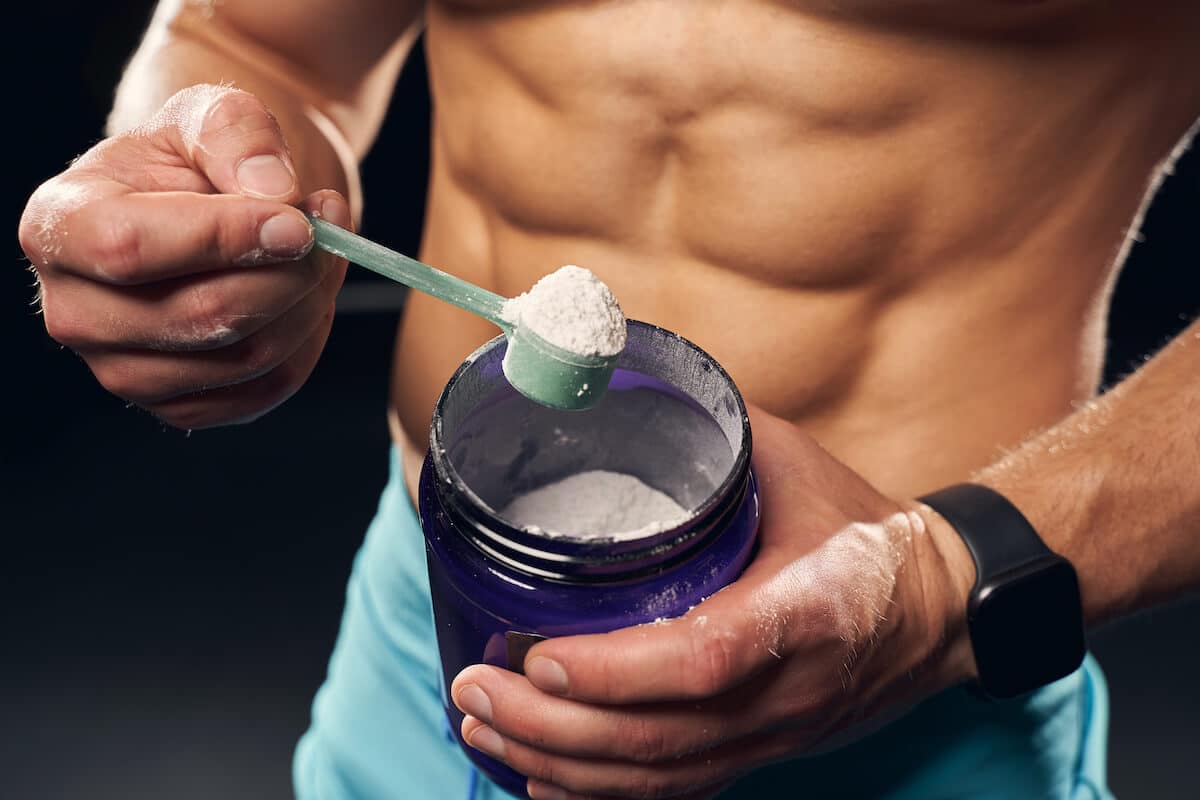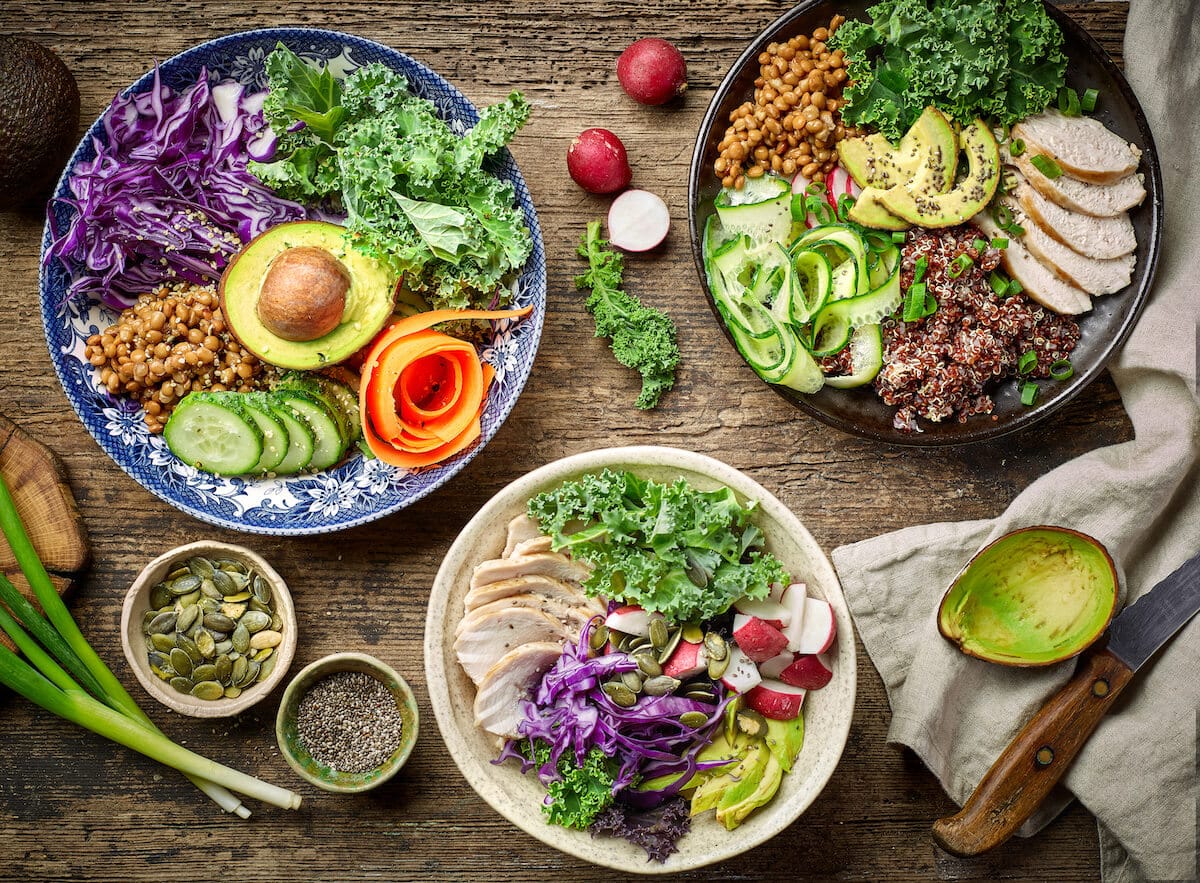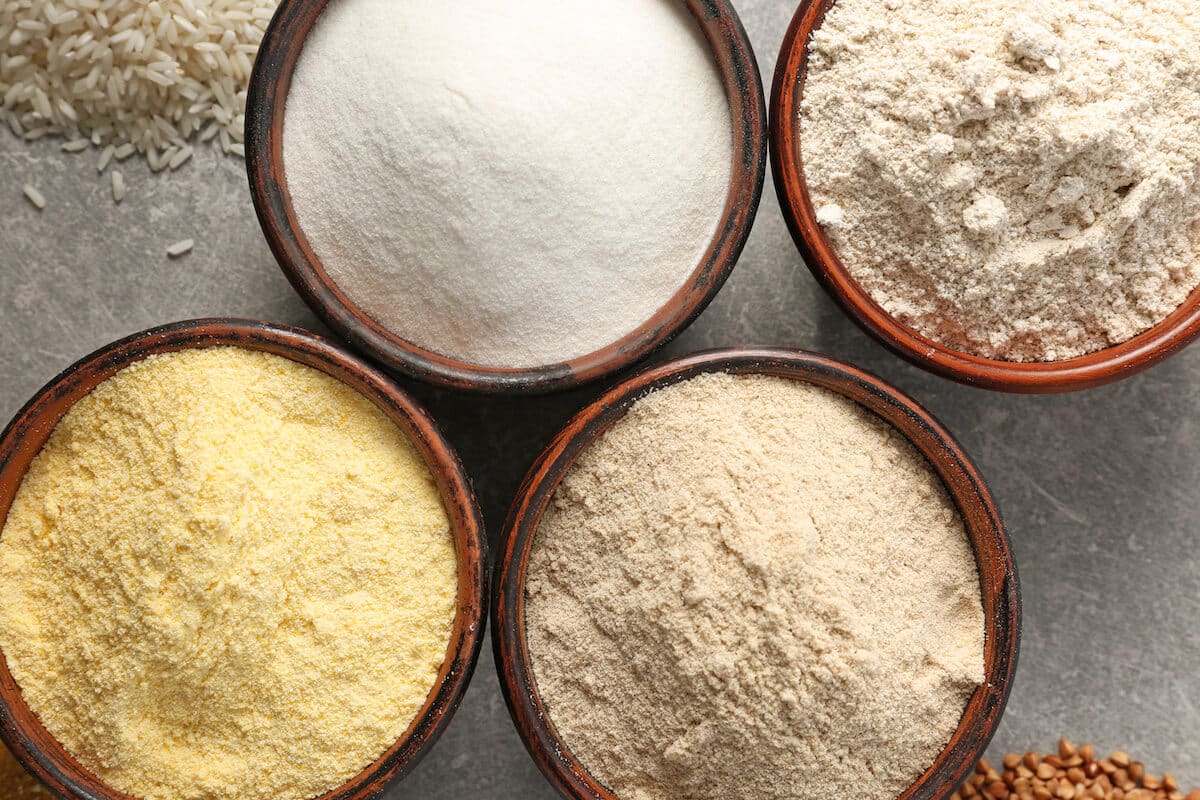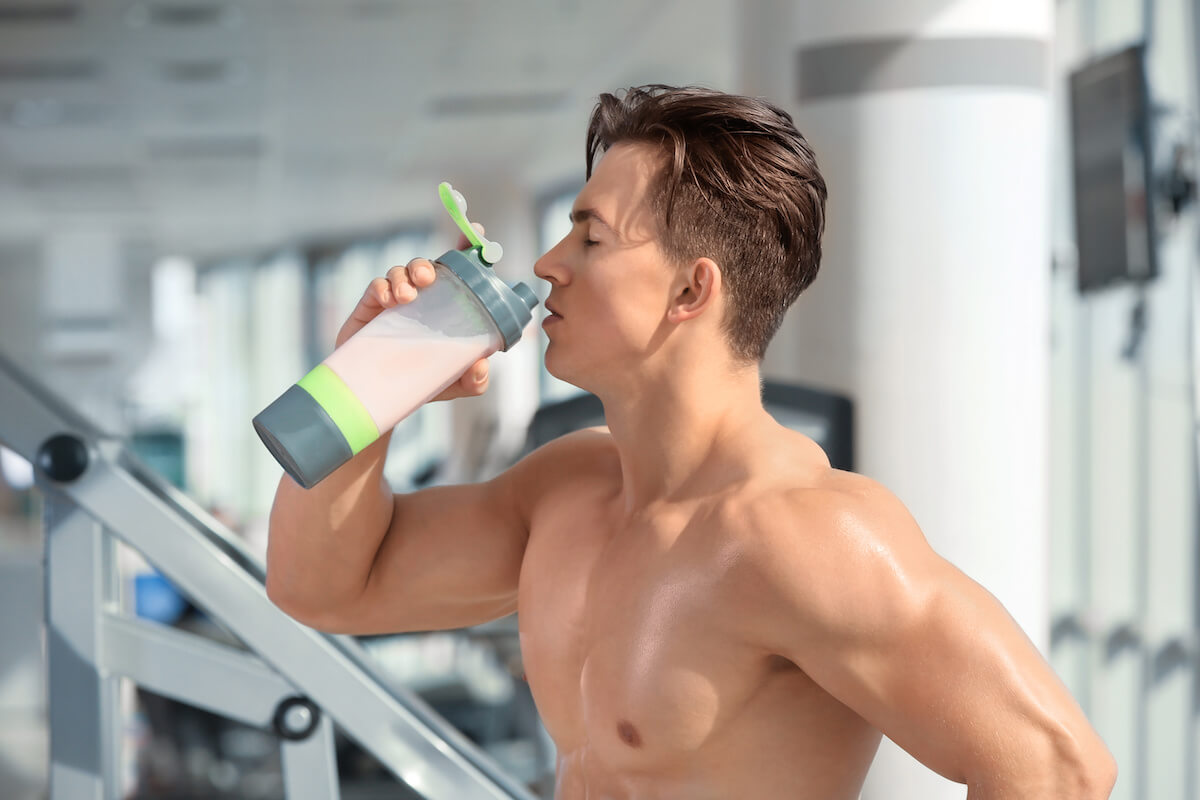
28 Jul Types of Protein Powder: Which Is Best for You?
Many people use protein powder to help meet their fitness goals — and there’s a good reason for that. Whether your objective is to build muscle, improve performance, or reach your weight loss targets, protein is key to success.
But with so many different types of protein powder on the market, how do you know which one to buy?
Let’s start by reviewing why you need protein. Then we’ll compare the different types of protein powder and discuss what to look for so you can make the best decision.
Why Your Body Needs Protein
Protein is one of the three macronutrients — which also include carbohydrates and healthy fats — that your body needs to function. When digested, protein provides the essential amino acids (EAAs) that your body uses to build and maintain your skeleton, organs, and muscles. It also assists hormone and enzyme production, supports your immune system, and manages your cholesterol, blood pressure, and blood sugar.
One of the main reasons athletes and bodybuilders are so fond of different types of protein powder is its muscle-building power. And for those working on their body composition, protein also assists fat loss.
Many amino acids are involved in muscle growth and repair, but the most important are the branched-chain amino acids (BCAAs): leucine, isoleucine, and valine. And of those, leucine is the most critical as it triggers muscle protein synthesis. Most high-quality protein sources contain BCAAs.
How Much Protein Is Enough?
The amount of protein you need depends on your age, weight, activity level, and fitness goals. As a general rule, these are your daily protein needs:
- If you’re only moderately active, you need 0.8 grams of protein per kilogram or 0.36 grams per pound of body weight.
- If you’re an older adult wanting to maintain muscle mass, you need 1.5 grams per kilogram or 0.68 grams per pound.
- If you’re an athlete or bodybuilder, you probably need at least 2 grams per kilogram or 0.91 grams per pound.
If you have particular health or fitness goals, consult a sports nutritionist or dietitian to confirm how much protein you need. And if you have any medical condition, it’s best to consult your doctor before embarking on a high-protein diet.
Sources of Protein

As you’ve seen, you need quite a lot of dietary protein to achieve your health and fitness goals. So, where should you get that from?
Your first and most important protein source should always be whole foods. Start with complete proteins, which supply all the essential amino acids, including BCAAs.
These include:
- Beef
- Poultry, like chicken or turkey
- Pork
- Fish
- Eggs
- Dairy, like cottage cheese or yogurt
- Soy products, like soybeans, tofu, or tempeh
- Quinoa
- Chia
- Hemp
While the specific amino acid profiles vary, animal protein gives you more of each of the EAAs than plant-based proteins. Many other plant-based protein sources are not complete proteins — for example, beans, lentils, chickpeas, nuts, and seeds — although these can be combined with other proteins, like grains, to boost the essential amino acid content.
If your diet is vegan or vegetarian, make sure you eat plenty of those plant-based proteins to get all the protein you need. You may need snacks between meals to meet your daily requirements.
Even if you eat plenty of high-quality protein, getting enough protein can still be a challenge — which is why many people turn to protein powder supplements to boost their protein intake.
But which type of protein powder should you use?
Different Types of Protein Powder Supplements

The different types of protein powder fall into two categories: animal-based and plant-based. Let’s start with animal proteins.
Whey Protein Powder
Whey protein is one of the most popular types of protein powder, especially among athletes and bodybuilders. It’s high in BCAAs and quickly digested and absorbed, so those amino acids are available for your body to use within a relatively short period of time.
Whey protein powder is a milk protein and contains some lactose and carbs, depending on the form of protein powder you choose. The protein content also varies according to the type of protein powder. For example, there’s a big difference between whey protein concentrate and isolate:
- Whey protein concentrate: Contains up to 50% lactose and between 30-80% protein. Use this if your activity level is average and you’re simply trying to boost your protein intake. It’s also ideal in protein smoothies as a meal replacement or to support weight loss.
- Whey protein isolate: Contains little lactose (less than 1%) and at least 90% protein. This high-quality protein is a great choice if you’re very active. Its extremely low carbohydrate content helps you cut calories while still giving your body what it needs to boost your muscle-building efforts — and avoid muscle protein breakdown. Whey protein isolate is excellent in pre- and post-workout protein shakes.
- Whey protein hydrolysate: A less common type of protein powder that is the most highly processed. While it’s available as a sports supplement, whey protein hydrolysate is mainly found in medical protein supplements and baby foods.
Casein Protein Powder
Casein is also milk-based but digested much more slowly, providing a steady and sustained release of amino acids into your system over 4-5 hours.
An average casein supplement contains around 70% protein. Best taken at night, your body gets what it needs to continue the muscle repair necessary for building muscle mass. You can also take it in the morning to keep you feeling full for hours.
If you’re lactose intolerant, vegan, vegetarian, or simply prefer to stick mainly to plant protein for health reasons, there are still some excellent plant-based options.
Pea Protein Powder
Pea protein is one of the best plant-based types of protein powder, with an average pea protein supplement containing 60-75% protein. This vegan protein powder was once considered lower-quality than animal-based protein powders like whey because it doesn’t have the same levels of EAAs.
However, the latest technology is changing all that. For example, Ingredient Optimized ioPea Protein has proven to be just as effective at muscle-building as whey protein powder.
Soy Protein Powder
Soy is also a complete protein, so it’s another type of protein powder to consider if you’re going plant-based. A typical soy protein isolate supplement contains close to 90% protein.
Be aware, though, that soy contains phytoestrogens. Although there are pros and cons and the research is still ongoing, phytoestrogens may increase estrogen and decrease testosterone if consumed in large quantities. This is not ideal if you’re male or looking to build muscle.
Other Plant-Based Types of Protein Powder
Some other types of protein powder you may find on the shelves include brown rice protein, egg white protein, and hemp protein powder. There is far less research around these, but it’s evolving.
These proteins also commonly appear in protein blends, which mix various types of protein powders to try to achieve an amino acid profile close to that of a complete protein.
So What’s the Best Protein Powder?

Once you’ve decided whether to try an animal-based or plant-based type of protein powder, your next distinguishing factor should be quality.
Firstly, check how much protein is in each serving. Many protein powders use gluten or other additives as fillers, and they may also include sugar or other sweeteners.
Secondly, look for a brand that gives you optimum nutrition. That means a protein powder should be highly bioavailable, so your body can use as much as possible of the supplement to meet your protein needs.
One excellent brand to look out for is Ingredient Optimized, which makes both ioPea and ioWhey Protein powder. Studies show that Ingredient Optimized supplements are better absorbed than non-optimized supplements. As a result, they’re excellent at building and maintaining muscle and improving strength.
You’ll find ioWhey in these partner products:
And if you’re plant-based and prefer ioPea, look out for these partner products:
Choose the Right Type of Protein Powder for You

Protein is critical for your health and well-being, especially if you’re an athlete, bodybuilder, or fine-tuning your body composition. Getting enough protein from food can be challenging, and protein supplements can help fill the gap.
There are many different types of protein supplements available. If you’re comfortable with animal products, you may choose fast-absorbing whey protein concentrate or isolate for a quick boost before or after a workout or a slower-absorbing protein like casein for sustained muscle-building over the day or night.
Plant-based options include pea or soy, which are complete proteins albeit with lower levels of some essential amino acids. You could also try hemp, brown rice, or egg white protein, or a blend of two or more of these.
You know your body, your goals, and your preferences best. Whatever choice you make, be sure to choose a high-quality supplement, and your body will reward you for that extra protein with increased health and wellness.


